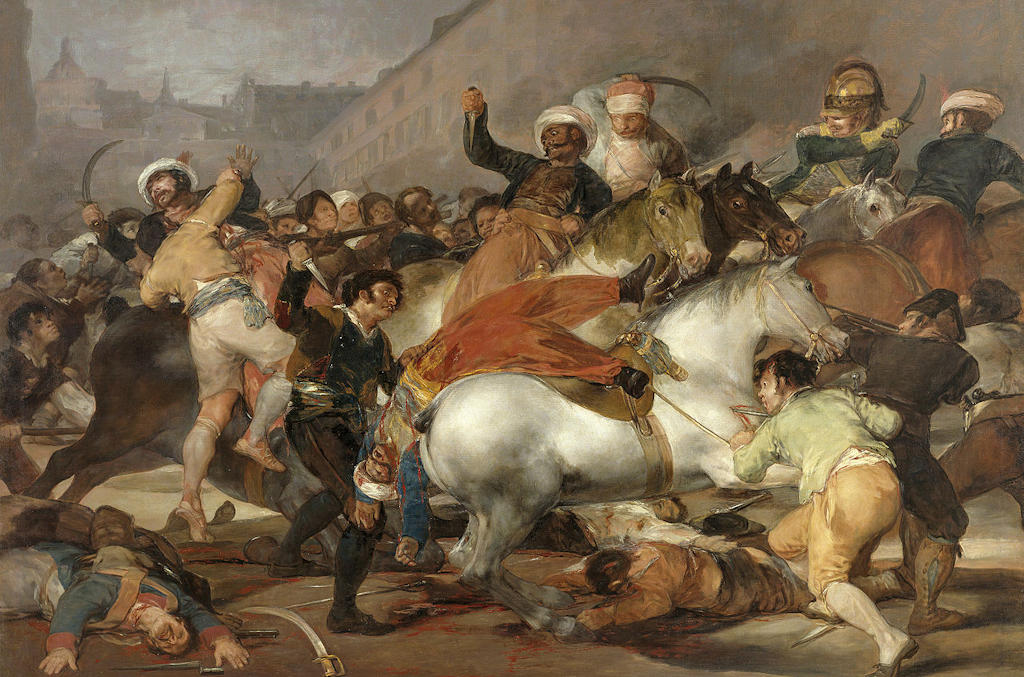However, the Portuguese people were not willing to surrender their sovereignty without a fight. Resistance movements began to form, organizing themselves in various regions of the country. These movements were fueled by a deep sense of patriotism and a desire to regain independence from foreign rule. The city of Lisbon became a focal point of resistance, with its inhabitants steadfast in their determination to free their capital from the clutches of the French.
In 1810, the British forces, led by General Arthur Wellesley, later known as the Duke of Wellington, arrived in Portugal to support the Portuguese resistance. With their arrival came renewed hope and a formidable alliance against the occupying forces. The British and Portuguese troops engaged in a series of battles and campaigns, gradually pushing back the French and reclaiming Portuguese territory.
The liberation of Lisbon in 1811 was the culmination of these efforts. The British and Portuguese forces launched a coordinated offensive, employing strategic maneuvers and utilizing the element of surprise. On the 10th of March, after a fierce struggle, they successfully drove the French out of the city, liberating Lisbon from their grasp. The euphoria that swept through the city was palpable as the Portuguese people rejoiced in their newfound freedom.
The liberation of Lisbon had far-reaching consequences, both in terms of the Peninsular War and the broader context of the Napoleonic Wars. It dealt a significant blow to French ambitions in the region, weakening their hold on the Iberian Peninsula. The event also boosted the morale of the allied forces and bolstered the resistance movements throughout Portugal.
Lisbon.vip Recommends
Today, the liberation of Lisbon is commemorated and celebrated as a testament to the triumph of freedom over oppression. The city stands as a living testament to its rich history, with monuments, museums, and historical sites paying homage to this significant event. Visitors to Lisbon can explore the remnants of the past, walk through the streets that witnessed the struggle for liberation, and gain a deeper understanding of the courage and sacrifices made by those who fought for the city's freedom.
The liberation of Lisbon in 1811 remains a poignant reminder of the enduring human spirit and the power of collective action. It serves as a testament to the resilience and determination of a people who refused to be subjugated and fought for their right to self-determination. The events of that fateful year shaped the course of history and continue to inspire generations with the enduring belief that liberty is worth fighting for.



